- News
-
-
-
-
-
Latest News Articles
- 2024 TWS Elections: Southeastern Representative May 2, 2024
- A sound future for birds starts before birth May 2, 2024
- ‘Supercomputing’ uncovers information about great gray owl May 1, 2024
-
-
-
- Wildlife Professional Resources
-
- Our Network
-
- PUBLICATIONS
-
-
Recent Posts
-
 The Wildlife Professional November/December Issue
November 1, 2023
The Wildlife Professional November/December Issue
November 1, 2023
-
-
-
-
-
-
- Wildlife Events
-
-
-
Upcoming Webinars
- No Events
-
-
-
- Who We Are
-
Month: June 2020
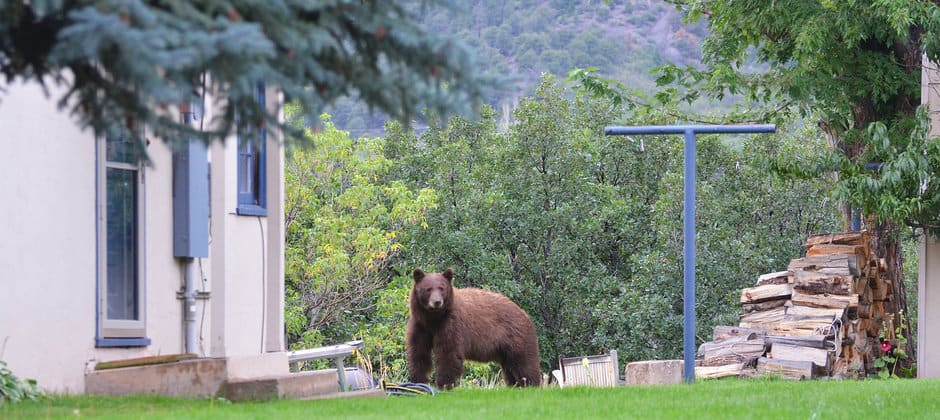
June 15, 2020
Urban areas can be ecological traps for black bears
Trash cans and bird seed in people’s yards may provide easy food for roving bears, but new research shows those resources can come at cost. Bears that spend time in...
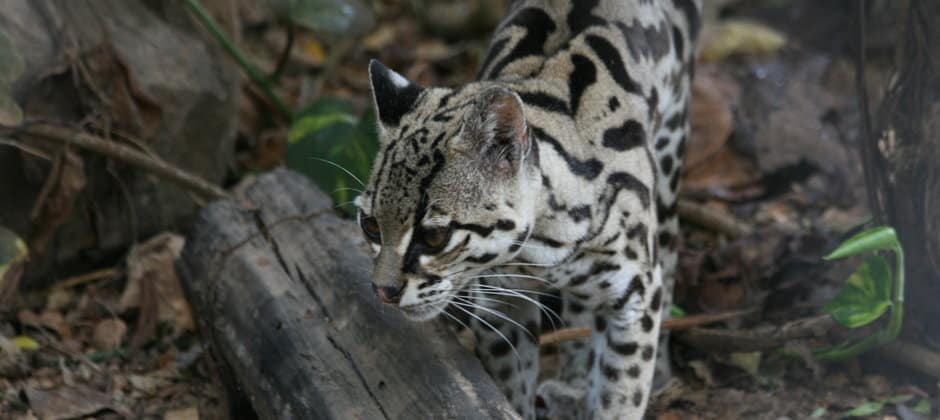
June 15, 2020
Texas ocelots seek large, unbroken swaths of thornscrub
Endangered ocelots in South Texas prefer to use unfragmented landscapes. Efforts to conserve the imperiled feline should focus on maintaining large patches of woody cover, particularly on private lands, researchers...
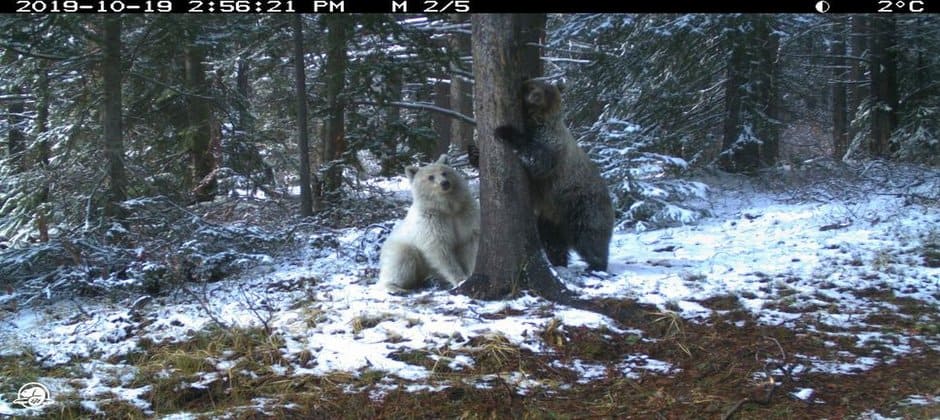
June 15, 2020
Rare white grizzly appearance concerns park officials
Tourists have been abuzz about the appearance of a white grizzly bear since the animal was spotted in April in Banff National Park. But wildlife managers and researchers are concerned...
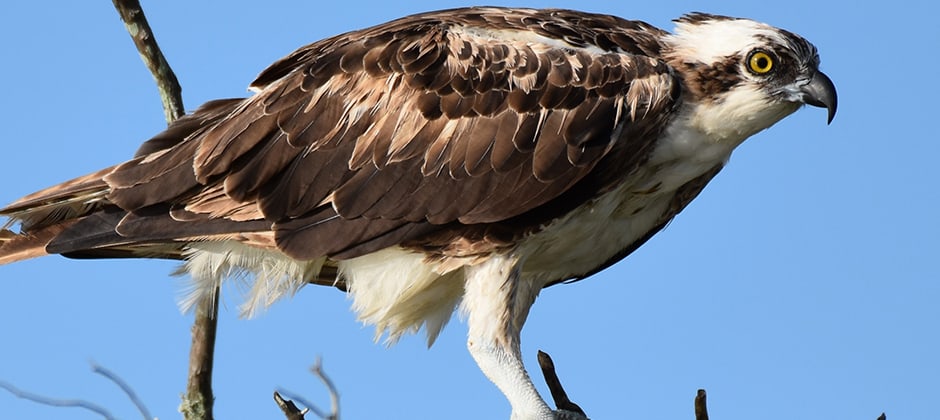
June 12, 2020
Microplastics detected in birds of prey for first time
For the first time, researchers have detected microplastics in the guts of birds of prey. These tiny particles, which may come from clothes, cosmetics or the breakdown of larger plastics...
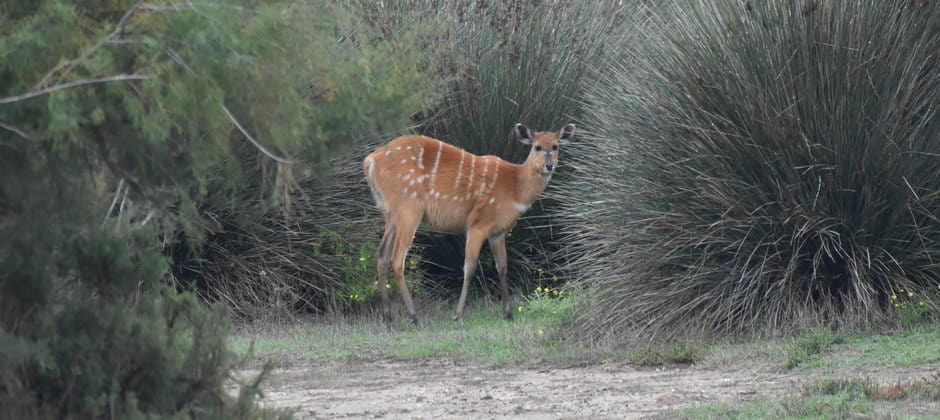
June 12, 2020
Healthy ecosystems deter disease transmission
Deadly diseases like COVID-19 are less likely to jump from wildlife to humans if healthy, intact ecosystems are conserved, according to a report and a separate study released recently. “A...
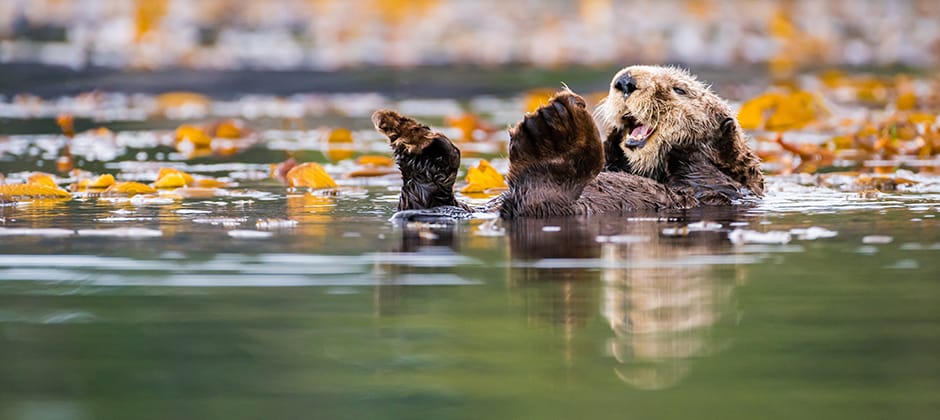
June 12, 2020
Watch: Sea otters worth millions, but not everyone benefits
As sea otter populations rebound off the coast of British Columbia, the quantities of shellfish and other sea life they consume are impacting local fisheries. The economic benefits far outweigh...
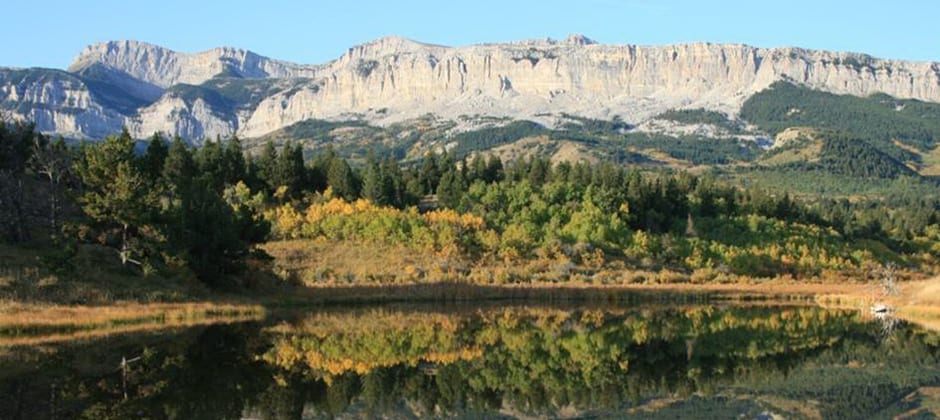
June 11, 2020
Hunting for sustainability
The following is an excerpt from an article that previously appeared in Fair Chase. Seeing the grizzly was an unplanned surprise. Standing on an overlook, Luke Coccoli, Boone and Crockett’s...
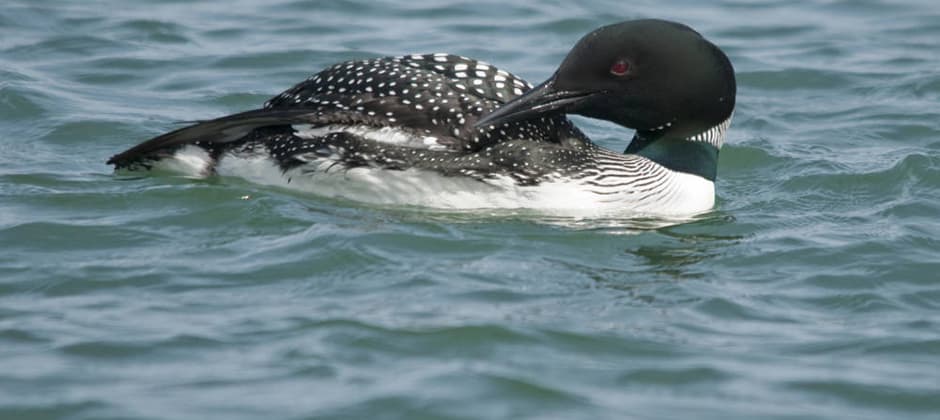
June 11, 2020
Loons to benefit from oil spill settlement
Funds from a legal settlement following a 2003 oil spill are helping reestablish common loons (Gavia immer) in New England. Federal and state agencies are spending $8 million to release...


